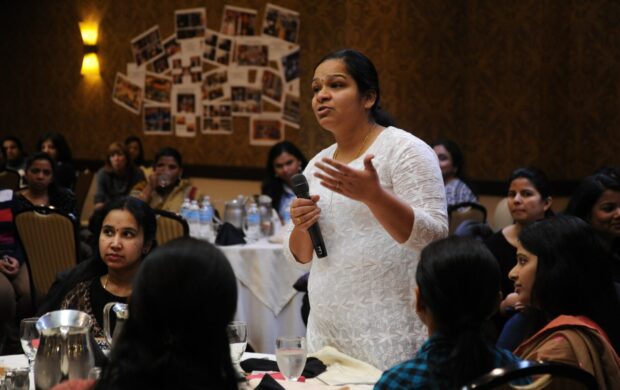Facebook, Twitter and Google have been called out by a group of British politicians whose inquiry into hate crime has highlighted their failing efforts to prevent extremism on their platforms.

Despite organisations doing more than they used to to combat terrorism, the Home Affairs Select Committee still believe it’s not enough and wants companies to make their anti-extremism measures more transparent. Chairman of the Committee, Keith Vaz, states that the sheer size of these organisations means they should be “[devoting] more of their resources… to solving this problem.”
So what?
Twitter’s current efforts have been scrutinised, with a focus on its ‘quality filter’ not effectively preventing harassment and trolling. Accounts and content that promote extremism, especially Islamophobia, appear to rise every month.
The situation reveals a tension between the two groups, and questions the notion of placing the blame on a single player. Professor Peter Neumann, from Kings College London, told the BBC that accusing social media networks was simplistic and misleading as the majority of ISIS recruits have been sought via in-person interactions.
It appears the accountability of ‘enabling’ terrorism is more complex than it seems, but that social media organisations must recognise their position to influence the content we see on our screens. There is no single solution – but exploring options like digital literacy education and updated policy for online networks could help to reduce the impact of negative extremism.
Signal spotted by Jordan McKay
Sources: https://www.wired.co.uk/article/social-media-failing-tackle-extremism
Photo by William Hook on Unsplash

















